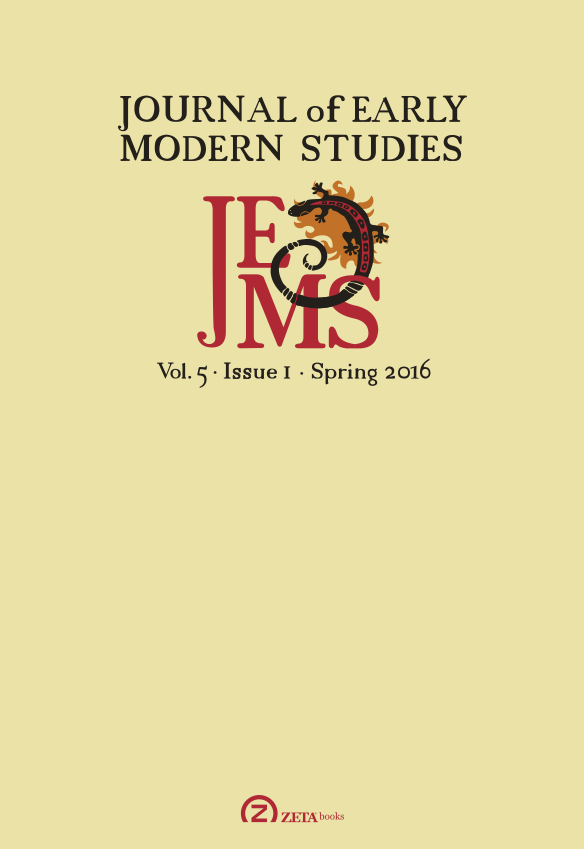The Problem of Generation and Destruction in Spinoza’s System
The Problem of Generation and Destruction in Spinoza’s System
Author(s): Sean WinklerSubject(s): Philosophy, History of Philosophy, Early Modern Philosophy
Published by: Zeta Books
Keywords: Baruch Spinoza; early modern philosophy; acosmism; contrariety; destruction; generation; mode;substance;
Summary/Abstract: In this paper, I address the problem of generation and destruction in Spinoza’s philosophical system. I approach this problem by providing an account of how Spinoza can maintain that contrary finite modes cannot inhere in the same substance, while substance itself does not change. One must distinguish between the formal essence of a mode and the existence of a mode and how these two entities are “in” substance. Formal essences are eternal and are in substance in a Platonic sense, while existent modes are temporal and are in substance insofar as they are parts of the whole of nature, or facies totius universi (face of the universe). Furthermore, the former are modes understood as pure relations, while the latter are modes understood as finite individuals. Formal essences are relations that specify how finite individuals will behave once they come into existence, while existent modes are individuals that express the relations defined by formal essences, as forces that possess a capacity to act and to be acted upon. According to these distinctions, I maintain that it is possible to develop a coherent account of contrariety and, consequently, of generation and destruction in Spinoza’s system.
Journal: Journal of Early Modern Studies
- Issue Year: 5/2016
- Issue No: 1
- Page Range: 89-113
- Page Count: 25
- Language: English
- Content File-PDF

